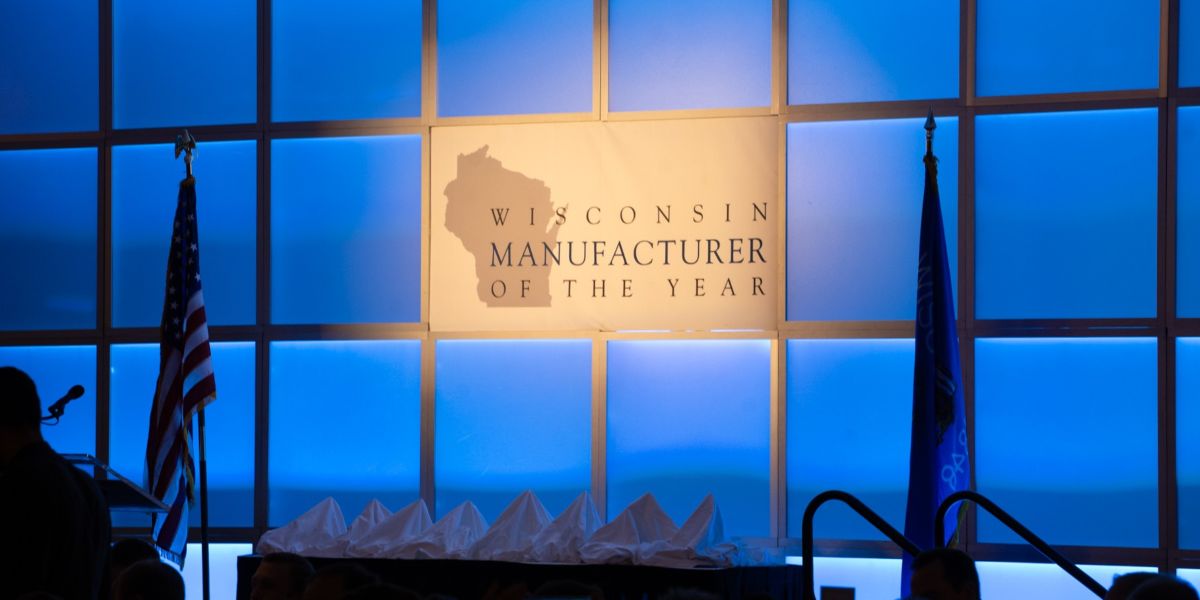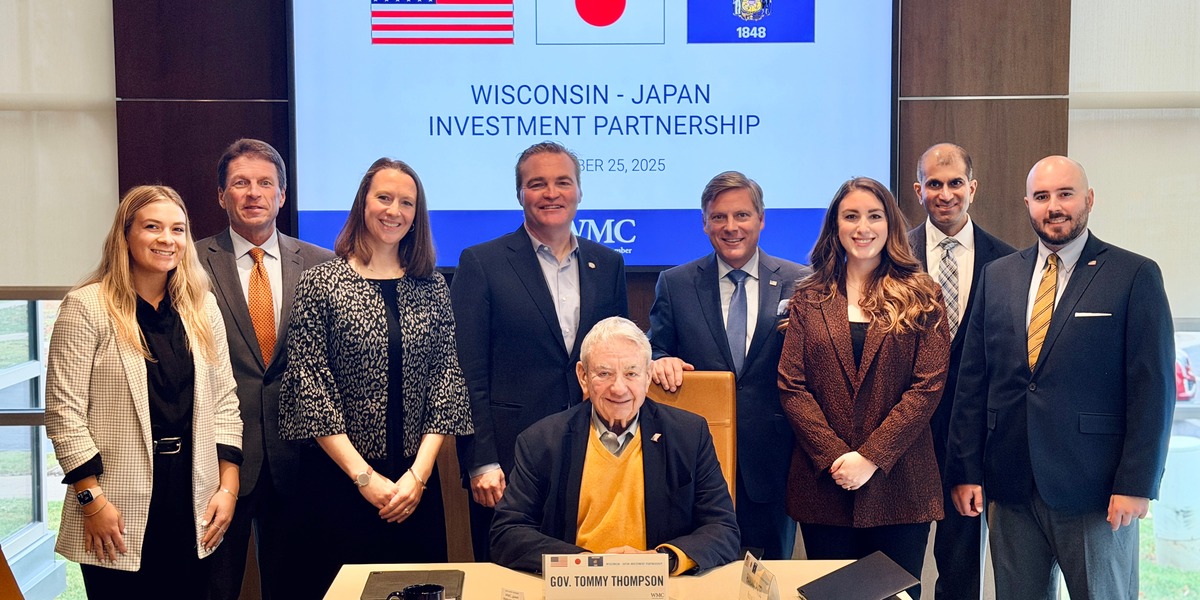Kurt R. Bauer
President/CEO
Wisconsin Manufacturers & Commerce
 |
The outsourcing of jobs, both abroad and to other states, has become an issue in the Wisconsin gubernatorial election. Both sides in the debate seem to agree that the goal should be to stop or at least limit outsourcing. If that is the case, then the question becomes what are the best policies to accomplish that goal and which candidate will champion them?
Manufacturers and other businesses outsource jobs for many reasons, including for access to markets, supply chains and skilled workers. But the number one factor driving most outsourcing decisions is the cost of production.
The DC-based Manufacturing Institute estimates that it costs 20 percent more to manufacture something in the U.S. than in other industrialized nations, excluding labor. That is a big handicap to overcome for Wisconsin manufacturers and the middle class jobs they support. The only way to address this competitive imbalance is to adopt reforms that reduce the costs of production here, including taxes, regulations, energy, health care and nuisance lawsuits.
Wisconsin doesn’t completely control its own destiny on that accord and federal policies are, unfortunately, moving us in the wrong direction. For example, the U.S. now has the highest corporate tax rate in the industrialized world at 35 percent. Compare that to a 25 percent rate in China, 23 percent in the U.K. and just 15 percent in Canada.
Further, regulatory compliance cost U.S. businesses an eye-popping $1.8 trillion annually, according to the American Enterprise Institute. And federal anti-fossil fuel policies are ratcheting up electricity prices, which disproportionately harm manufacturers.
The Affordable Care Act, which presumptive Democratic candidate for governor Mary Burke supports, also hasn’t helped matters. Although its full implementation has been delayed, ObamaCare is already driving up health care costs for businesses.
But there are state reforms that can make Wisconsin manufacturers more competitive and thus less likely to outsource, at least because of production costs. The most significant was signed into law by Governor Scott Walker in 2011. It is the game-changing Manufacturers and Agricultural Production Tax Credit, which once fully phased-in will dramatically lower the state tax burden for businesses in Wisconsin’s two most important economic sectors.
Walker has also signed other reforms that reduce regulatory and legal costs.
To manufacturers, the key question in the outsourcing debate isn’t whether Burke’s former employer moved jobs to China; it is why does she oppose reforms like the Manufacturing and Agricultural Production Tax Credit that help level the playing field in order to stop or limit the outsourcing of Wisconsin manufacturing jobs?
U.S. and Wisconsin manufacturers lead the world in innovation and quality. Where we lag behind is on the cost of production. Fortunately, Governor Walker is working to protect Wisconsin’s 450,000 manufacturing jobs from outsourcing and other threats by supporting reforms that make the state’s business climate more competitive.
***





